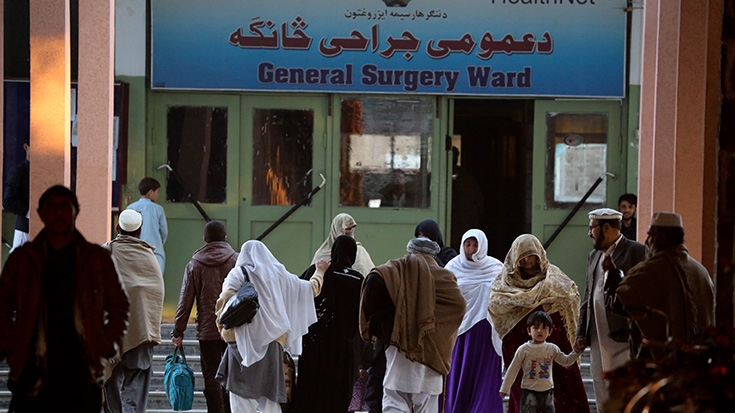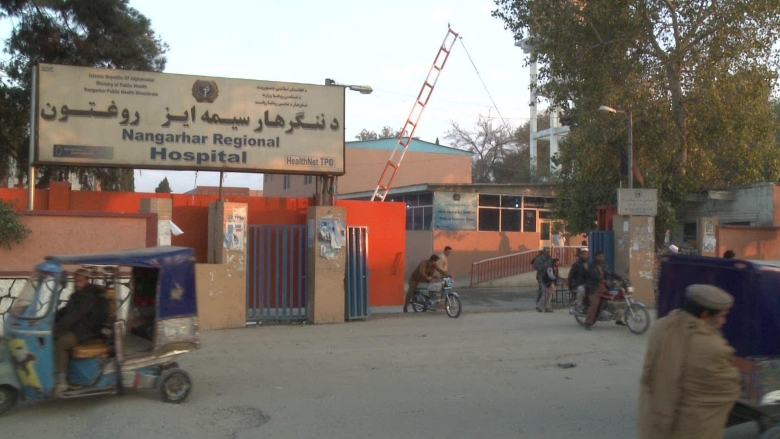Nangarhar Province – Doctors rush to a seven-year-old child as he lies on a bed in the emergency room of the Nangarhar Regional Hospital in Jalalabad city. Jalalabad is the capital of Nangarhar province. Jalalabad city, almost 155 kilometers far from Kabul, is the second-largest city as well as the center of its social and business activity in eastern Afghanistan. Nangarhar Regional Hospital is one of the largest hospitals in the city serving besides population from the city but also other provinces.
Back in the hospital, an hour earlier, the child was injured in a traffic accident. Luckily, the boy survived from the accident with few deep fractures in his right leg. “The child was returning from school when the incident occurred,” recounts Zia, as he worriedly watches the doctors treating the child. “He is from our village and my son witnessed the car hit him. We acted swiftly and brought him to this hospital.”
Next to the bed, the boy’s father, Mohammad Ali, watches him with teary eyes. He rushed to the hospital as soon as he heard about the incident. “As yet, I don’t know the situation surrounding the incident,” he whispers. “I am thankful to my fellow villager for his quick action in taking my son to the hospital.”
Dr. Farhad was the first doctor to attend to the child. “He suffered from severe shock,” he says as the child is taken to the operating room. “Initially he was unconscious, but he gained consciousness after we treated him and now his condition is stable. He will have to undergo surgery for the severe fracture in his leg.”


